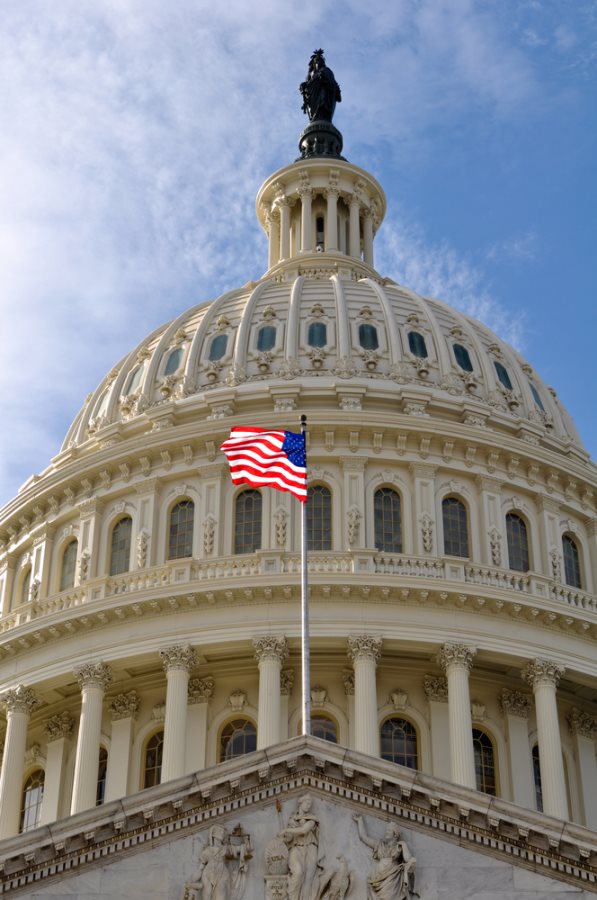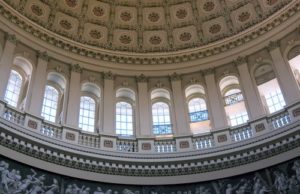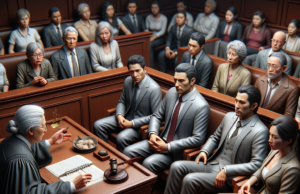The Secrets of Rulemaking
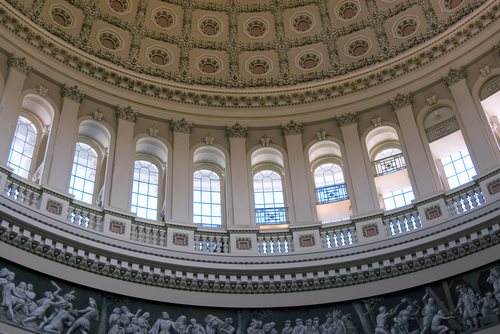
Rule-Making in Administrative Law: Balancing Efficiency, Transparency, and Public Interest
Introduction:
Administrative law serves as the framework governing the relationship between the government and its citizens by ensuring fair and consistent decision-making. Integral to administrative law is the process of rule-making, through which administrative agencies establish regulations to implement statutory mandates. This article aims to explore the intricacies of rule-making in administrative law, highlighting the challenges faced in striking a balance between efficiency, transparency, and the public interest.
I. The Importance of Rule-Making in Administrative Law:
Rule-making plays a critical role in administrative law as it enables agencies to implement legislation and effectively execute their statutory obligations. Through rule-making, administrative agencies provide guidance, clarify ambiguous legislation, and address emerging issues to ensure stable and predictable regulatory frameworks. Moreover, it enables agencies to respond promptly to societal needs, promote public safety, and safeguard individual rights. It is through well-designed and transparent rule-making processes that administrative agencies effectively operate within their delegated authority.
II. The Rule-Making Process:
The rule-making process in administrative law generally involves several stages that balance agency flexibility with the public’s right to participate and comment. Agencies typically begin by identifying the need for new regulations or the necessity to amend existing ones. Following this, they release a Notice of Proposed Rulemaking (NPRM), detailing the proposed regulation and allowing interested parties to submit comments. These comments form the basis for further analysis and revisions, leading to the issuance of a final rule.
III. Challenges in Rule-Making:
While the rule-making process strives to be inclusive and transparent, several challenges can hinder its effectiveness. One such challenge is striking the right balance between efficiency and public participation. Agencies must ensure that the rule-making process is timely while also allowing sufficient opportunity for public input to promote accountability. Moreover, agencies must consider the expertise and resources needed to engage effectively with stakeholders while keeping the process efficient.
Another challenge relates to the potential for regulatory capture. Regulatory capture occurs when regulatory agencies become too influenced by the industries they regulate, potentially undermining the public interest. Agencies must remain independent, ensuring that rule-making processes consider a wide range of perspectives to prevent capture and ensure regulations align with their statutory purpose.
Transparency is a vital aspect of rule-making to instill public trust and participation. Agencies must proactively disclose relevant information and provide clear justifications for regulations. This can be challenging, especially when dealing with complex technical issues or extensive data. Nevertheless, agencies must strive to provide comprehensive explanations and engage with the public to foster transparency in their decision-making processes.
IV. Achieving Optimal Rule-Making:
To enhance the effectiveness of rule-making in administrative law, several strategies can be implemented. First, agencies should adopt technology-driven methods for collecting public comments and sharing information, making the process more accessible, efficient, and inclusive. The involvement of information technology can streamline the analysis of large volumes of comments, facilitating a comprehensive understanding of public concerns.
Second, adequate resources should be allocated to support public participation in the rule-making process. Providing grants or establishing partnerships with civic organizations can help engage a broader spectrum of citizens, particularly those lacking resources or expertise in navigating complex regulatory issues.
Third, agencies should encourage early engagement with stakeholders to better understand their perspectives and identify potential challenges. This can involve pre-rulemaking activities, such as advance notices of proposed rule-making or public meetings, to gather feedback during the regulation’s development stages.
Conclusion:
Rule-making is an essential facet of administrative law, enabling agencies to implement legislation, maintain regulatory stability, and protect the public interest. The process, however, must strike a delicate balance between efficiency, transparency, and public participation. By embracing technology, allocating resources for public engagement, and early stakeholder involvement, agencies can enhance the effectiveness of rule-making, promote greater public trust, and ultimately uphold the principles of administrative law.
___________________________________
What is Rule-making in regards to Administrative Law?
In regards to the field of administrative law, rule-making refers to the process that all independent and executive agencies must adhere to in order to create or promulgate regulations. In a general sense, a legislature will first set broad policy mandates by passing various statutes. Following this process, the coordinating agencies then create a more detailed regulation through the process of rule-making.
For instance, a series of science-based laws or regulations are critical to an assortment of government and private institutions for food safety, workplace safety and environmental protection; however, tremendous growth in the institution of regulations has fueled widespread criticism over the fact that the rule-making process ultimately reduces the accountability and transparency of a democratic system.
Lawmakers or legislatures rely on rule-making to incorporate a more detailed scientific or economic expertise to a specific policy; in general, rule making enables legislatures to narrow or weed-out broader mandates of authorizing legislation.
What is the Purpose of Rule making?
The primary benefit of rule making revolves around the inclusion of scientific expertise into the legal process. Rule making enables agencies and their coordinating experts to be included in the decision making process; these experts are fundamental in strengthening and elucidating upon the proposed regulations.
This inclusion of a government agent not only adds expertise in regards to–human capital into the equation—but it also incorporates a vast number of resources and an industry-specific knowledge into the process.
The inclusion of professionals and resources into the lawmaking process creates a more detailed end result. More specific regulations, in turn, allow for more nuanced approaches to various conditions than a single legislative standard would carry. Moreover, these regulations tend to be amended and approved more easily as new data or technologies emerge.

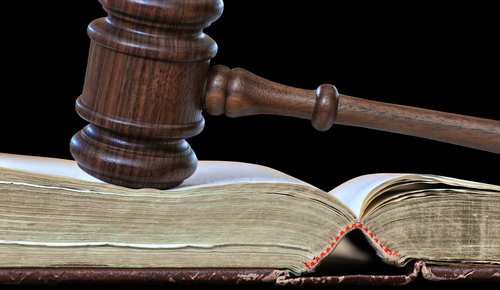
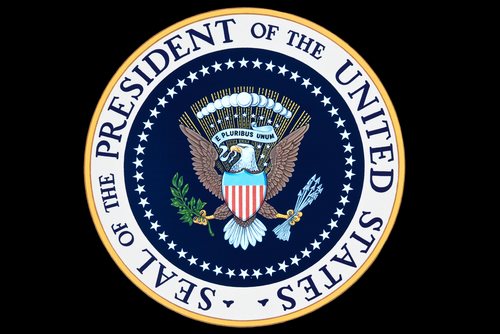
 What are Independent Agencies?
What are Independent Agencies?
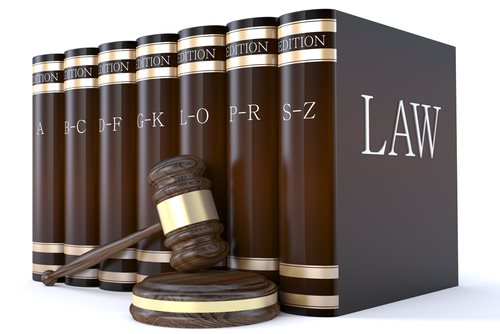 What is Statutory Law?
What is Statutory Law?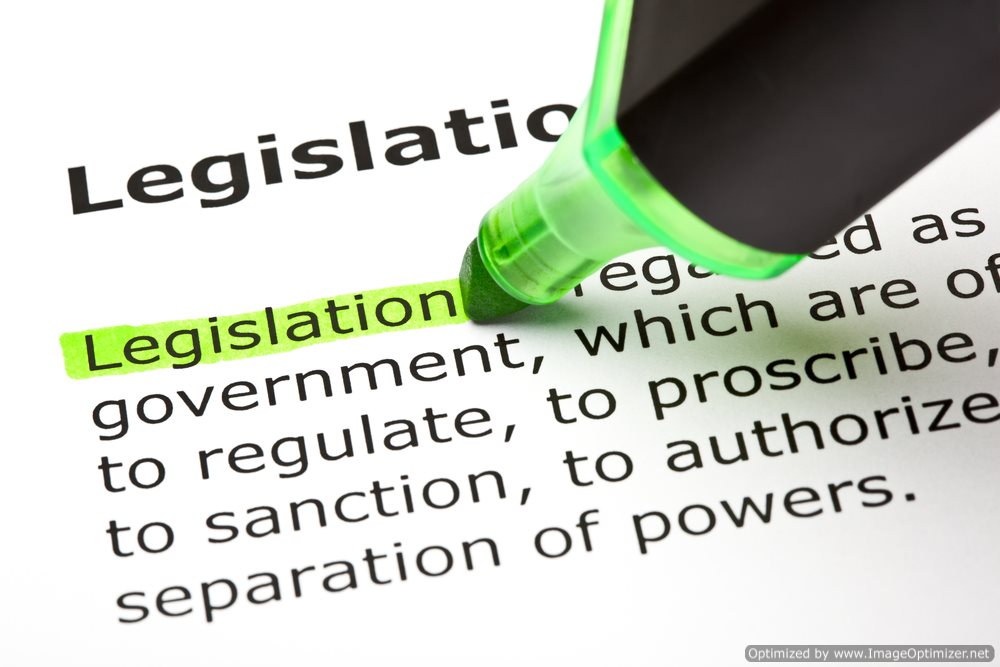
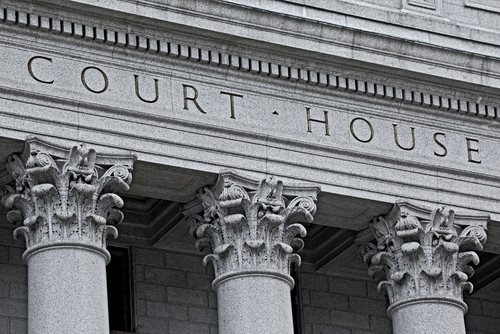
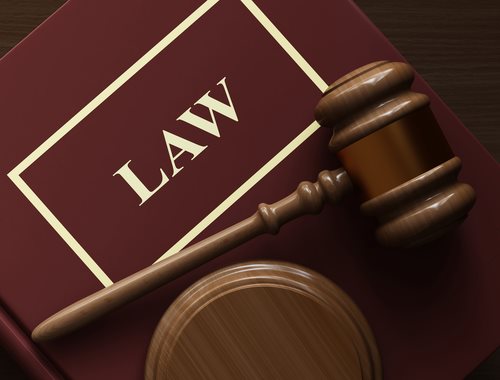 The Due Process Clause in Administrative Law: Safeguarding Fairness and Procedural Rights
The Due Process Clause in Administrative Law: Safeguarding Fairness and Procedural Rights
